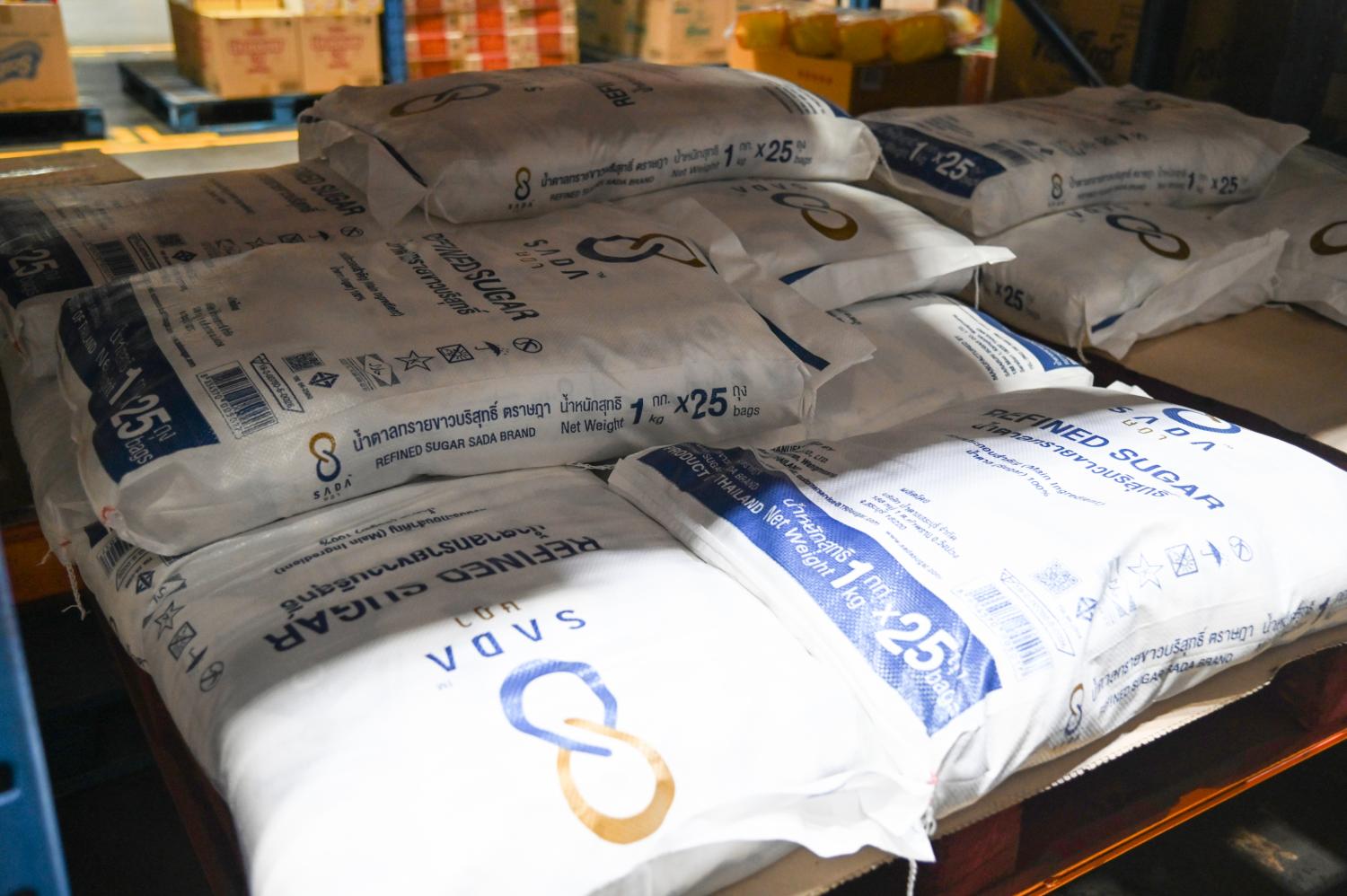
Sugar cane farmers plan to ask authorities at the Industry and Commerce ministries on Monday to clarify the cabinet's decision to allow ex-factory sugar prices to increase by only two baht a kilogramme, as the intervention is viewed as unfair by sugar manufacturers.
The Cane and Sugar Board announced it would increase ex-factory sugar prices by four baht a kg, effective from Oct 28, citing higher production costs for manufacturers as cane prices rose because of drought.
The cabinet resolved last week to approve a two-baht increase to better align with higher production costs, but blocked another two-baht rise for the Cane and Sugar Fund, which was targeted for environmental purposes.
The government said consumers should not bear the additional burden of the second two-baht hike.
"We are unsure whether authorities are considering having sugar factories carry this burden instead. That's why we have to meet them," said Narathip Anantasuk, head of the Thailand Sugarcane Planters Federation.
"If the government wants them to carry this burden, it will not be an easy job."
A sugar manufacturer who represents three sugar factory associations and requested anonymity was against this proposal and asked for help from 57 sugar factories.
The profit margin of the sugar industry is already low, at 3-4% on average, said the manufacturer. Manufacturers are expected to gain 5 billion baht in revenue from sales in the 2023-24 crop year.
If they have to shoulder a burden of two baht a kg, that means they will lose 10% of their revenue, said the manufacturer.
"Some factories are spending money to encourage farmers to cut fresh sugar cane to reduce PM2.5 ultra-fine dust. It's unfair if they have to pay more," said the producer.
The manufacturer questioned whether other types of farming that use slash-and-burn methods contribute to a fund to protect the environment and curb PM2.5 levels.
Sugar cane burning makes up 3% of total PM2.5 emissions in Thailand, said the producer.
"It seems we are viewed as the sole culprit," said the manufacturer.
Sugar prices are elevated in the global market. In Thailand, sugar costs 27 baht a kg, lower than in neighbouring countries, where it ranges from 30-40 baht a kg.
This explains why sugar is smuggled abroad, said the producer.
"State control of sugar prices the past week led to a shortage because many traders stopped selling for fear of violating a law if they sell at high prices," said the manufacturer.
Farmers also plan to ask for a clarification on the government's pledge of an incentive of 120 baht a tonne if they cut fresh sugar cane without burning.